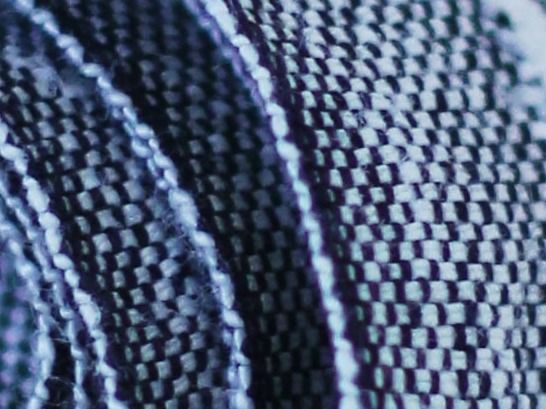Approved by curator

Added: Aug 19, 2021
Last edited: Sep 29, 2021
Berlin-based Phoenxt is a blend recycler that uses an innovative proprietary chemical engineered process to separate and purify textile waste products, molecularly dissolve and reformulate into base polymer materials. Its fibre separation technology is solvent-free, and it focuses on blended fibres such as poly, cotton, and other plant base natural cellulosic fibres.
Of the current textile recyclers in operation today, most can only recover and recycle one material. However much of the clothing created today is compiled from blended fibre, with the polyester-cotton the most commonly produced by the fashion industry. Until recently, any recycling process that preserved the polyester polymers would degrade the cotton fibers, and vice versa. The inability of textile recyclers to salvage both types of fibre is a barrier to circularity for the textile industry, leading to a loss of valuable material resources and increasing volumes of textile waste.
Phoenxt's fibre separation technology is solvent-free, and it focuses on blended fibres such as polyester, cotton, and other plant base natural cellulosic fibres, poly/cotton and poly/cellulosic fibres mixture, one of the biggest areas of textile waste in the industry. This technology focuses on separating the blended fibres, enabling further recycling process.
Phoenxt fibre separation biotechnology is not only solvent-free but creates no hazard to the environment. Which means that using the existing textile waste, new materials can be created without impacting the environment along with maintaining the quality of the end product. Additionally, Phoenxt's processes maintain fibre quality.
Phoenxt acts as a bridge between end-of-use cycle textiles and raw material supply, creating new materials from the existing waste without extracting more natural resource. Through their separation technology, Phoenxt estimate that 22.2 million tonne of waste polyester could be potentially saved.Through recycling these waste polyester, it is estimated that more than 30% of CO2 can be saved compared to virgin polyester production.
Phoenxt's next milestone is to scale up their technology.

recycling
polycotton
blended fibres
